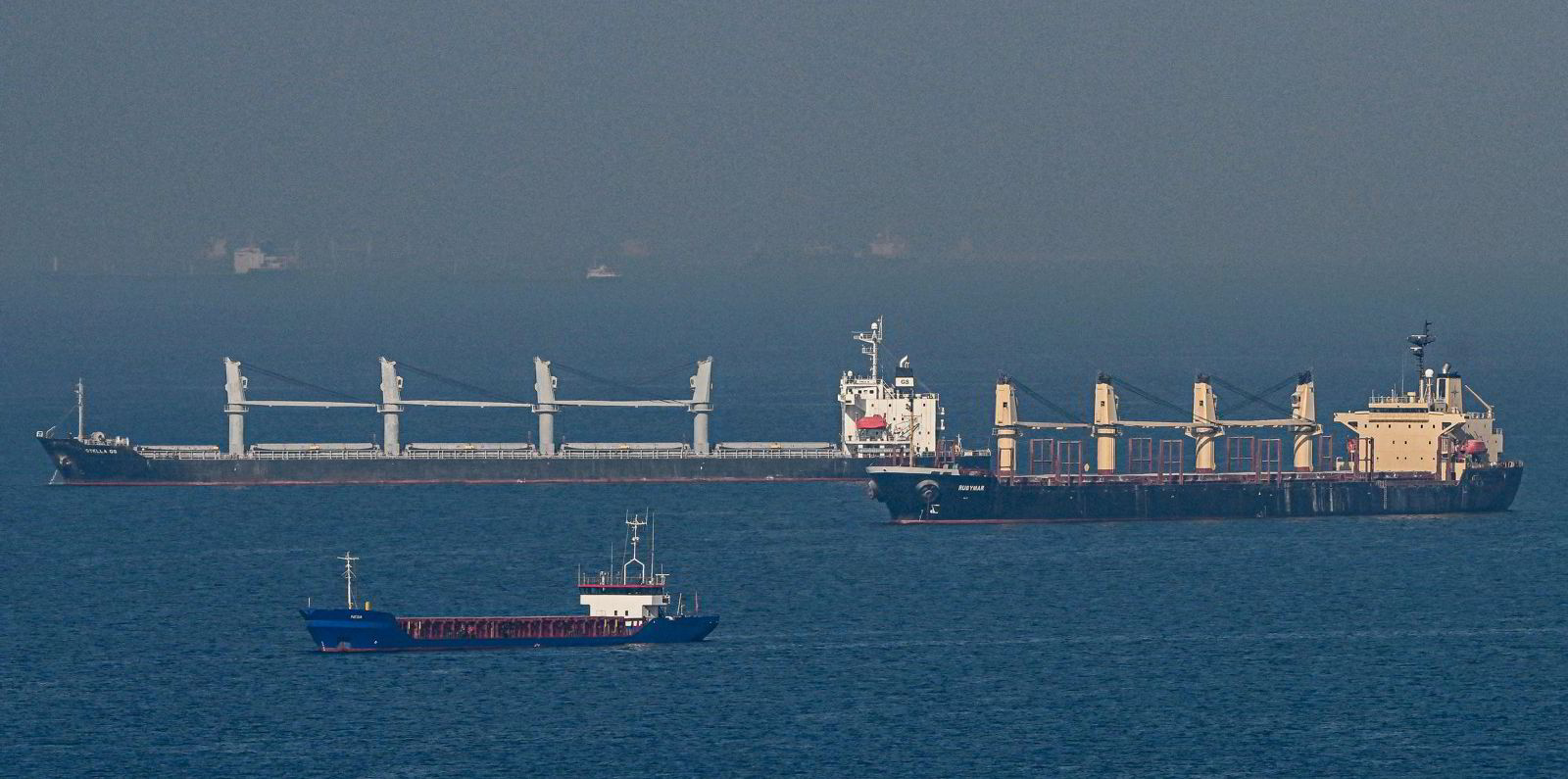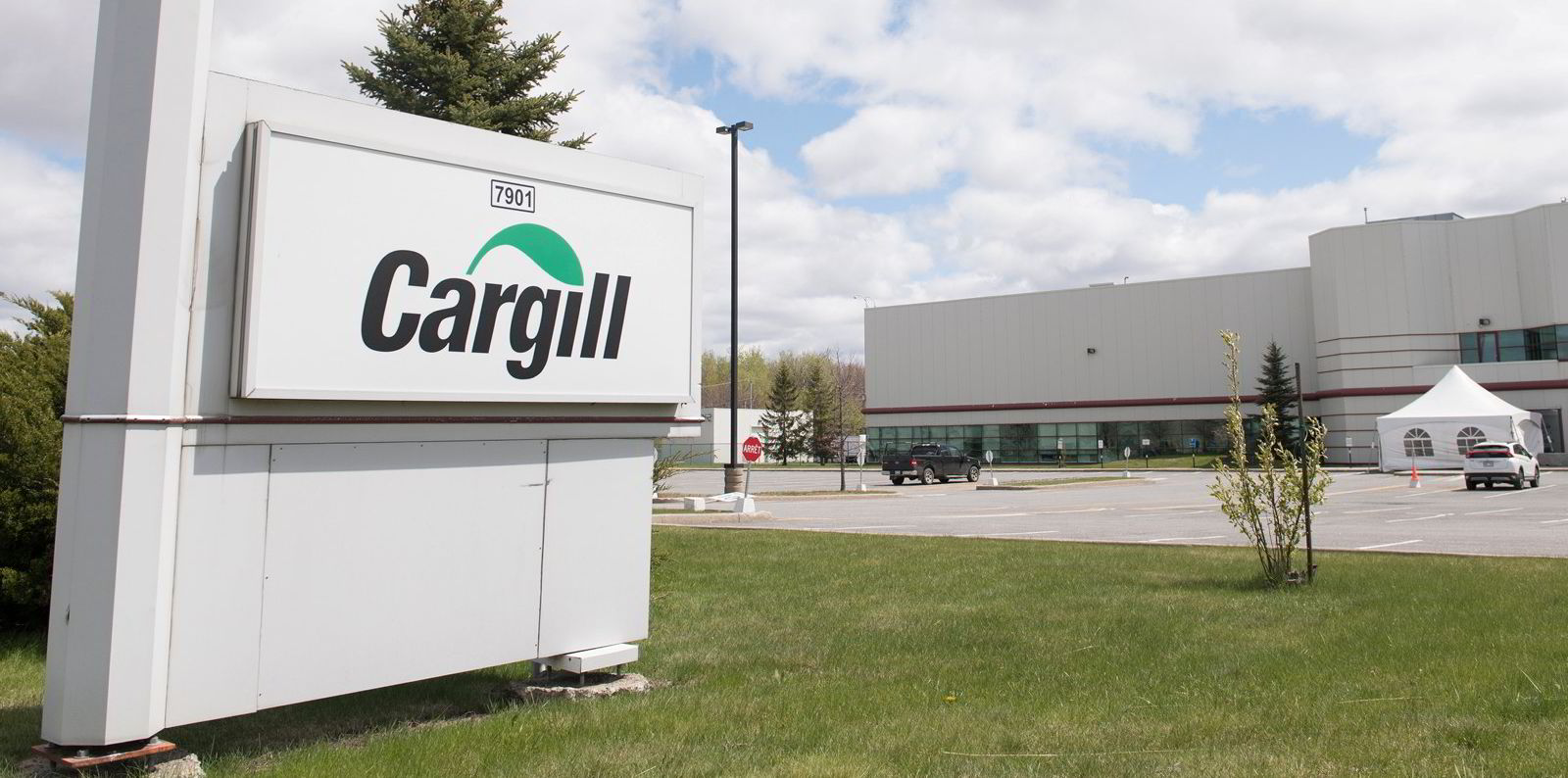Cargill has continued to work to move food and feed from Ukraine, keeping up the pace of shipments even after insurance obstacles, the US agriculture giant’s top shipping executive said.
Cargill Ocean Transportation president Jan Dieleman said the grain corridor in Ukraine has worked fairly well, which was probably unthinkable a year ago.
That positive assessment comes even though he said complications have repeatedly emerged, including December’s move by insurers to pull out of Russia-related risks by applying exclusion clauses.
“From one day to the other, some of the insurance cover all of a sudden disappeared. And then you have to go work and find your way around it again,” Dieleman said.
The executive said that with Cargill’s scale and reputation, it has been able to find solutions to move cargoes out of Ukraine for its customers.
But he said, while improvements could be made in how the grain corridor operates, such as faster surveying, it remains a war zone. The shipping industry has come up with solutions that are working well.
So far, the United Nations-led Black Sea Grain Initiative has moved nearly 19.3m tonnes of agricultural cargoes from the country. About 47% of that has been corn exports and 28% has been wheat, according to data from the UN Joint Coordination Centre.
After the Russia insurance exclusions entered into force at the start of this year, 88 departures from Ukraine took place in January alone.
China has been the biggest importer of grain moved under the initiative, followed by Spain.
Dieleman indicated that Cargill will not be deterred from playing a role in Ukraine grain exports.
“We want to continue to play a part in feeding the world and moving stuff, even if it is complicated,” he said.
“Who knows what is going to come at us again. It’s not easy, but that is not holding us back to find solutions and keep things moving, and I think that is going to continue.”





